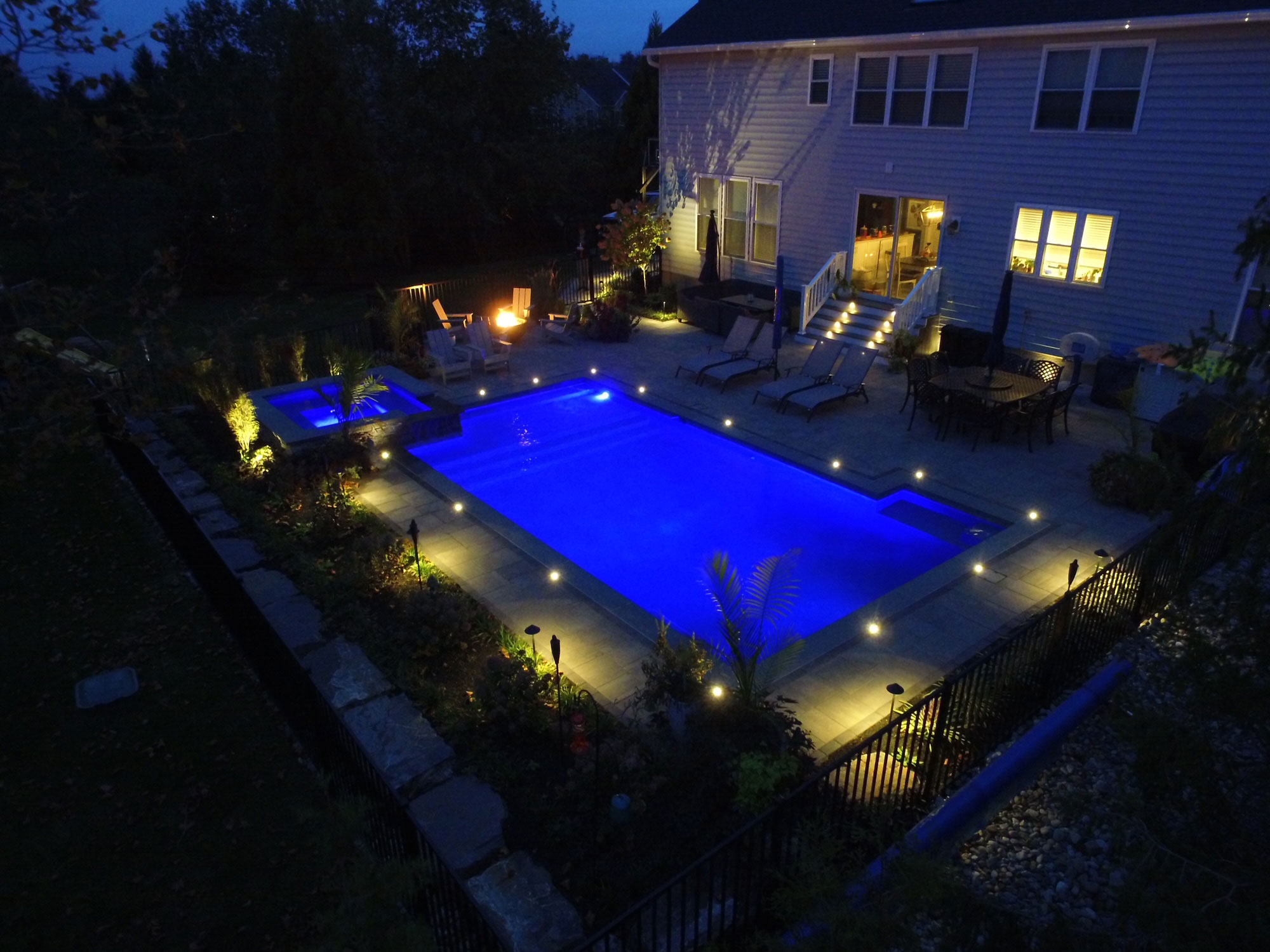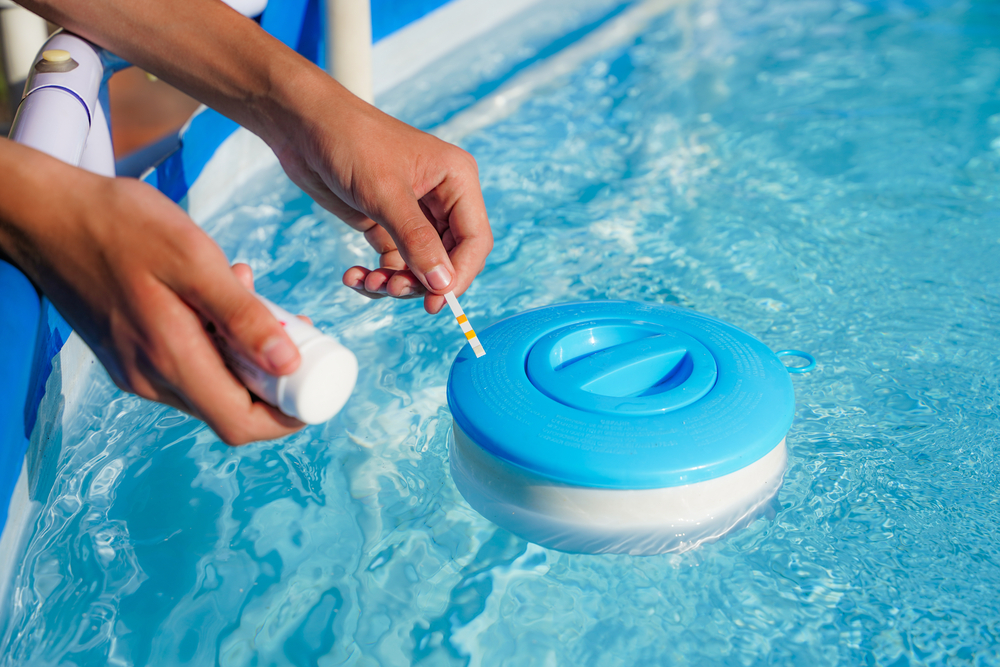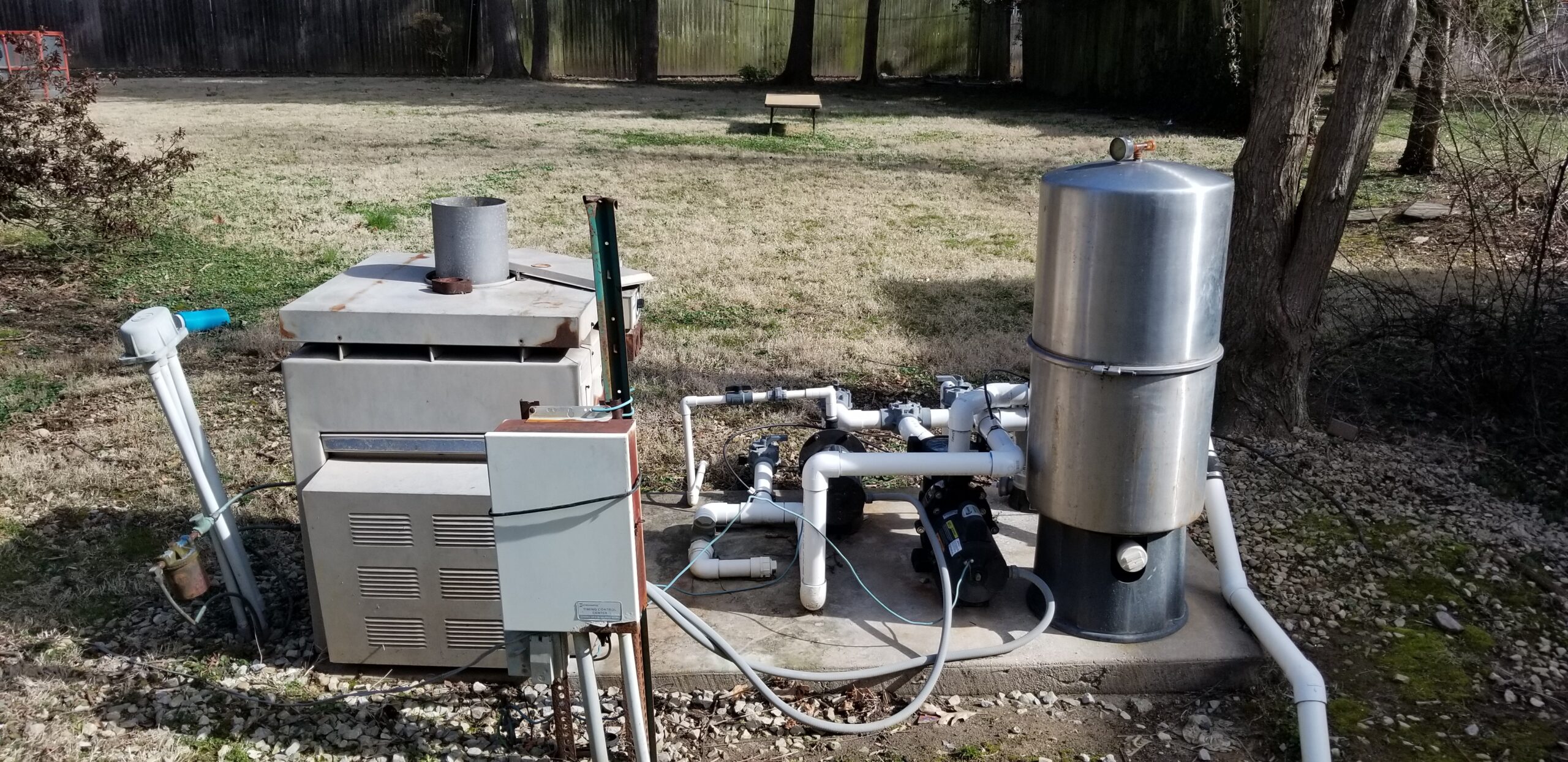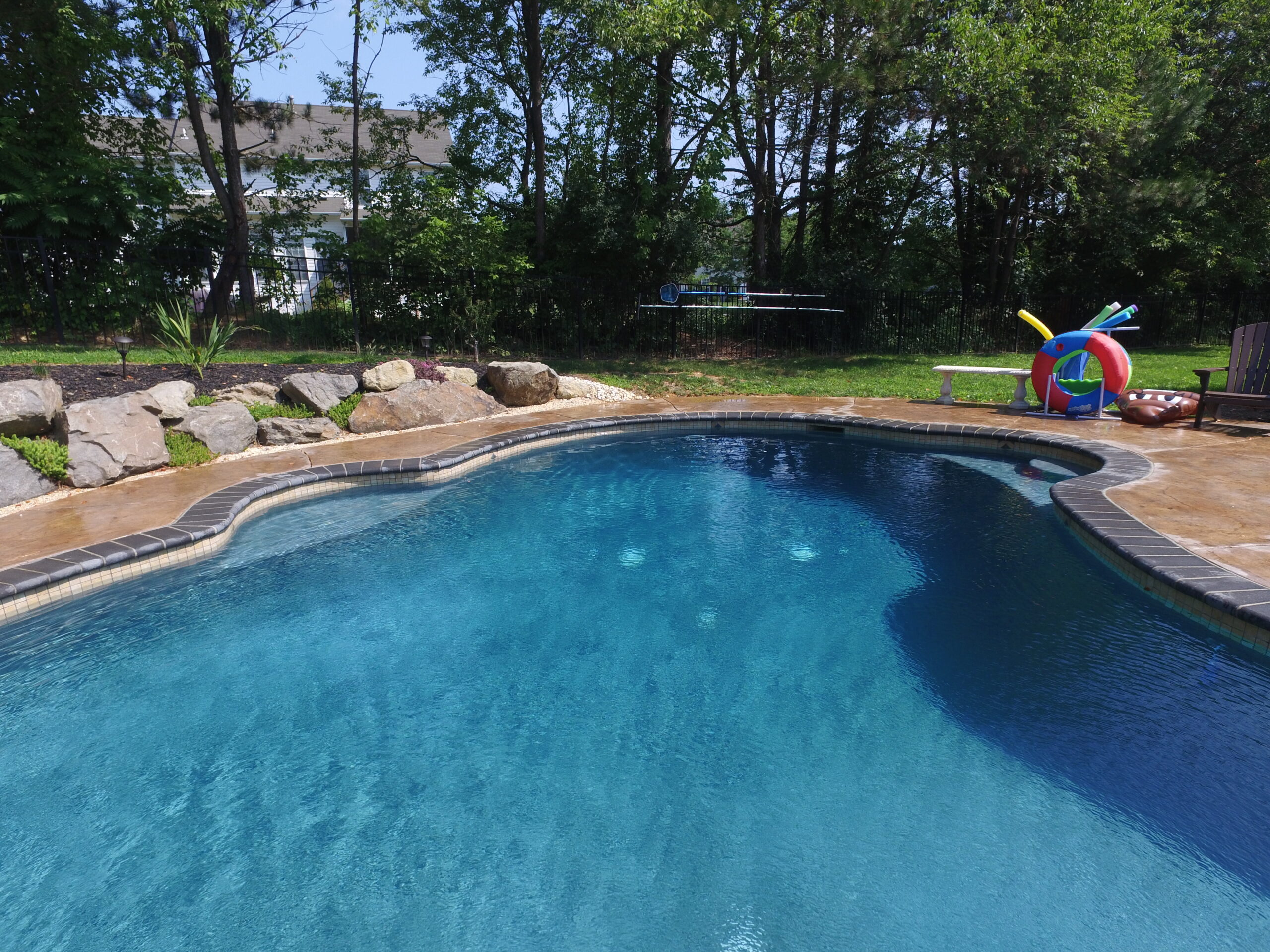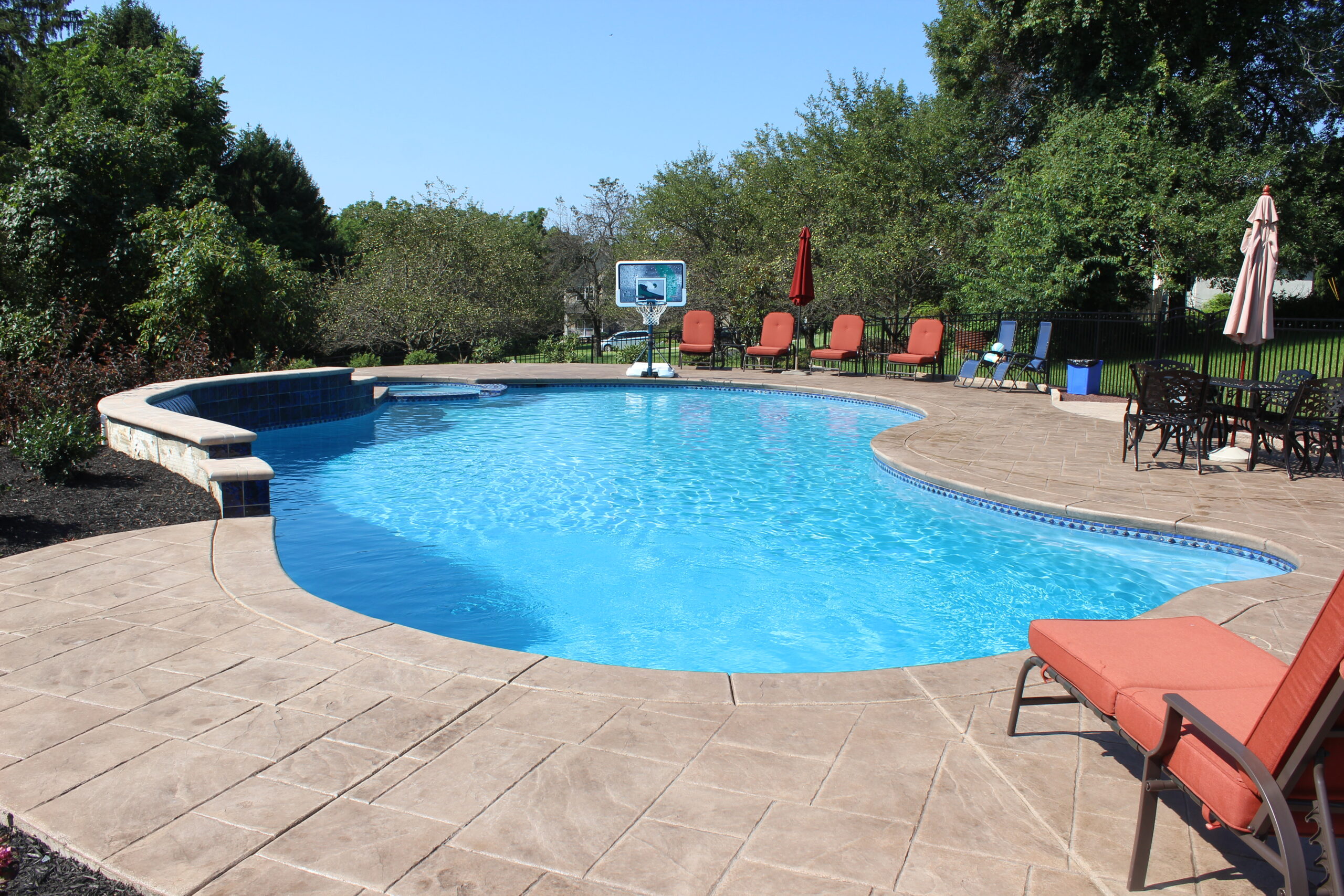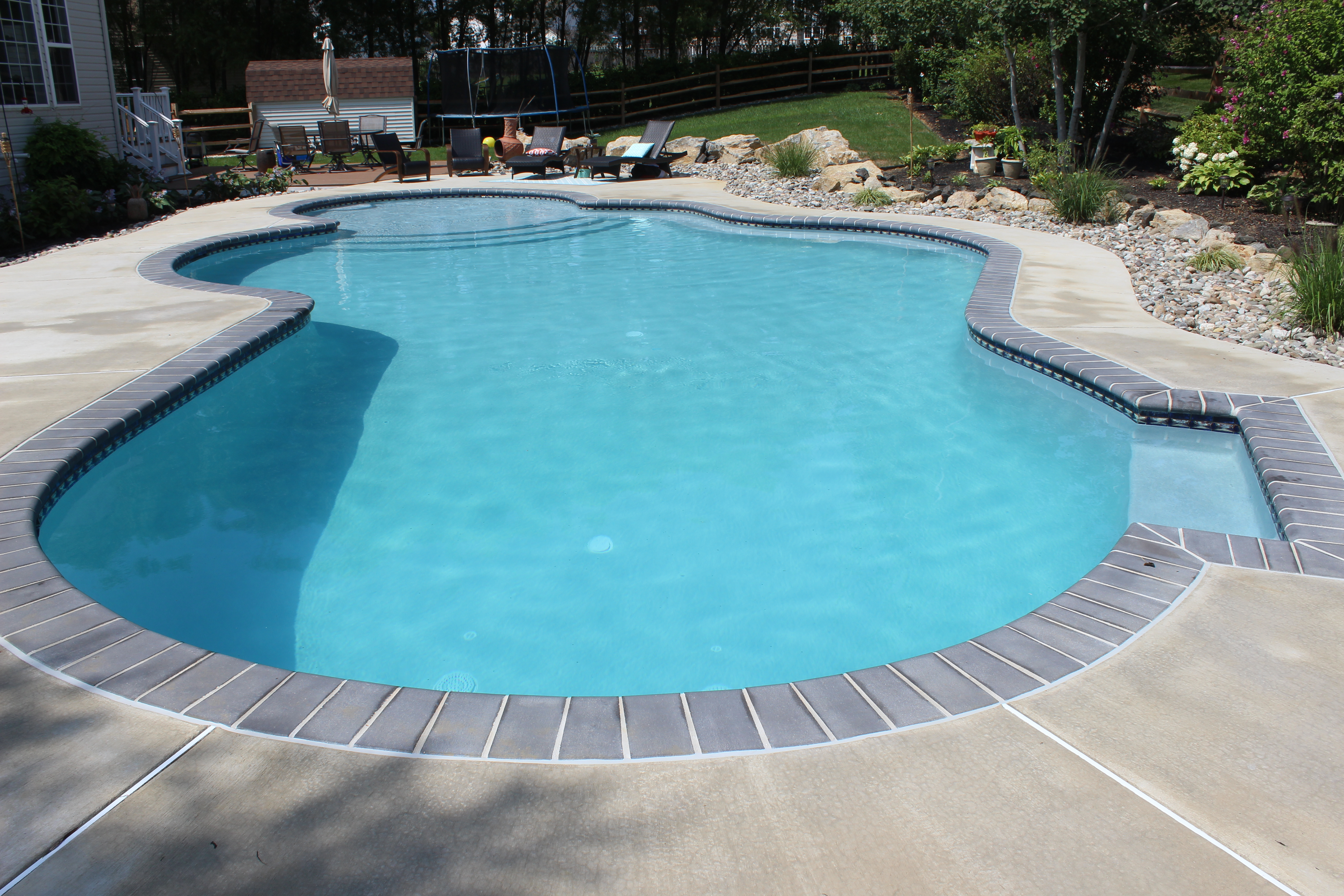You need your pool to be clean and comfortable, which means at some point you will end up using some commercial chemical products that you’ll need to store safely. You don’t want kids or pets getting into some of this stuff.
In this article, we’ll look at some of the leading pool chemicals and how they need to be stored, so you can keep your pool clean and maintain your peace of mind.
What Are the Leading Pool Chemicals?
The kind of pool you have will determine what chemicals you need. A saltwater pool, for example, will use salt and a chlorine generator rather than direct chlorine. However, most pool owners will use some combination of these leading pool chemicals, and be responsible for safely storing them.
Water Balancing
Water balancers help to adjust the pH, alkalinity, and chlorine levels in your pool.
- pH Increaser and decreaser
- Calcium hardness increaser
- Alkalinity increaser
- Chlorine neutralizer
Sanitizers
Keeping your pool clean and free of bacteria requires some heavy-duty chemicals.
- Trichlor
- Sodium dichlor
- Bromine
Oxidizers
For a deep clean, you need to shock your pool and kill algae and bacteria.
- Calcium Hypochlorite
- Chlorine-Free Shock
How Do I Store Pool Chemicals Safely?
First, you need to find a secure area where chemicals can’t be reached by children or pets. It’s not enough to keep them up high on a shelf. Ideally, you should have a locked area where these dangerous chemicals can be isolated.
Choose a space that is cool and dry, with good airflow. Avoid direct sunlight, and store pool chemicals separately from other hazardous chemicals like gasoline. Keep all chemicals in their original bottles, and don’t stack them. Read all of the safety instructions on each bottle, and follow the directions exactly, including the use of gloves and protective equipment when necessary.
Don’t get rid of pool chemicals by flushing them or dumping them. These are dangerous chemicals and they need to be taken to a local hazardous waste treatment facility.
What Pool Chemicals Should NOT be Stored Together?
Chlorine is one of the most common pool chemicals, and unfortunately, it is also very reactive.
Chlorine can react with acid or bromine to form harmful fumes. This is especially a problem if the chemicals are in the same form. For example, liquid chlorine and liquid acid, or granular chlorine and granular bromide. It’s also a good idea to separate hydrogen peroxide from other pool chemicals, as it can be reactive.
It might feel like a hassle to find separate places to store these chemicals, but it’s essential for your safety.
Your Pool Safety Experts
You don’t have to figure everything out by yourself. Reach out to Scott Payne Custom Pools for fiberglass pools in Collegeville, PA, or custom pools in Chester Springs, PA. We can help you sort out your pool, your supplies, and anything else you need for a safe and comfortable pool experience.
